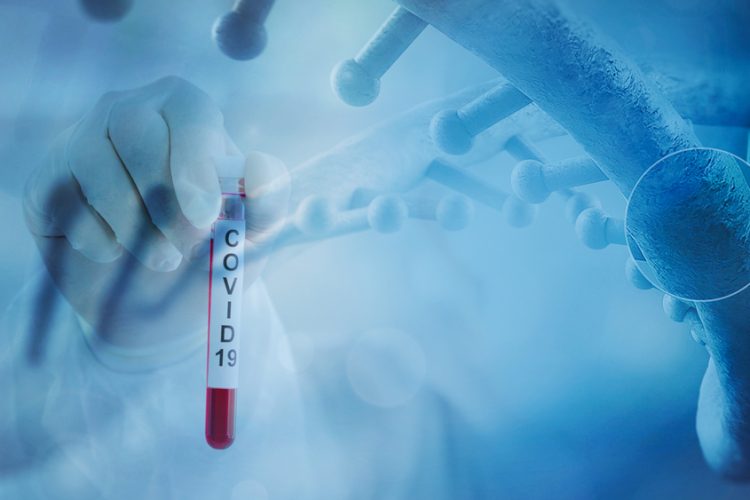Researchers analyse SARS-CoV-2 genome, identifying 198 mutations
Posted: 7 May 2020 | Victoria Rees (Drug Target Review) | No comments yet
After analysing the genomic diversity in SARS-CoV-2 by screening over 7,500 viruses from infected patients, researchers have offered clues for COVID-19 drug development.

By analysing viral genes from patients infected with COVID-19, a University College London (UCL), UK, led research team has characterised patterns of diversity of the SARS-CoV-2 virus genome, offering clues to direct drugs and vaccine targets.
The study identified close to 200 recurrent genetic mutations in the virus, highlighting how it may be adapting and evolving to its human hosts.
Researchers found that a large proportion of the global genetic diversity of SARS-CoV-2 is found in the hardest-hit countries, suggesting extensive global transmission from early in the epidemic and the absence of single ‘patient zeroes’ in most countries.
According to the researchers, the findings also further establish that the virus only emerged recently, before spreading across the globe. Scientists analysed the emergence of diversity in SARS-CoV-2 by screening the genomes of over 7,500 viruses from infected patients around the globe. They identified 198 mutations that appear to have independently occurred more than once, which may hold clues as to how the virus is adapting.
Co-lead author Professor Francois Balloux, at the UCL Genetics Institute, said: “All viruses naturally mutate. Mutations in themselves are not a bad thing and there is nothing to suggest SARS-CoV-2 is mutating faster or slower than expected. So far we cannot say whether SARS-CoV-2 is becoming more or less lethal and contagious.”
The small mutations identified in SARS-CoV-2 were not evenly distributed across the virus genome. As some parts of the genome had very few mutations, the researchers say those invariant parts of the virus could be better targets for drug and vaccine development.
“A major challenge to defeating viruses is that a vaccine or drug might no longer be effective if the virus has mutated. If we focus our efforts on parts of the virus that are less likely to mutate, we have a better chance of developing drugs that will be effective in the long run,” Professor Balloux explained. “We need to develop drugs and vaccines that cannot be easily evaded by the virus.”
Co-lead author Dr Lucy van Dorp, at the UCL Genetics Institute, added: “There are still very few genetic differences or mutations between viruses. We found that some of these differences have occurred multiple times, independently of one another during the course of the pandemic – we need to continue to monitor these as more genomes become available and conduct research to understand exactly what they do.”
The research team have developed a new interactive, open-source online application so that researchers across the globe can also review the SARS-CoV-2 genomes and apply similar approaches to better understand its evolution.
Dr van Dorp said: “Being able to analyse such an extraordinary number of virus genomes within the first few months of the pandemic could be invaluable to drug development efforts and showcases how far genomic research has come even within the last decade. We are all benefiting from a tremendous effort by hundreds of researchers globally who have been sequencing virus genomes and making them available online.”
The study was published in published today in Infection, Genetics and Evolution.
Related topics
Disease Research, Drug Targets, Genetic Analysis, Genomics, Research & Development, Sequencing, Targets
Related conditions
Coronavirus, Covid-19
Related organisations
University College London (UCL)
Related people
Dr Lucy van Dorp, Professor Francois Balloux







